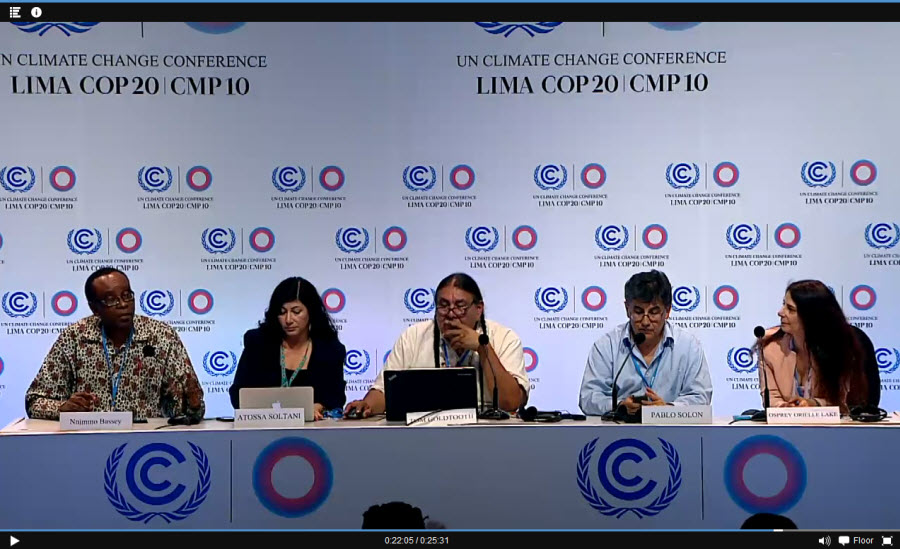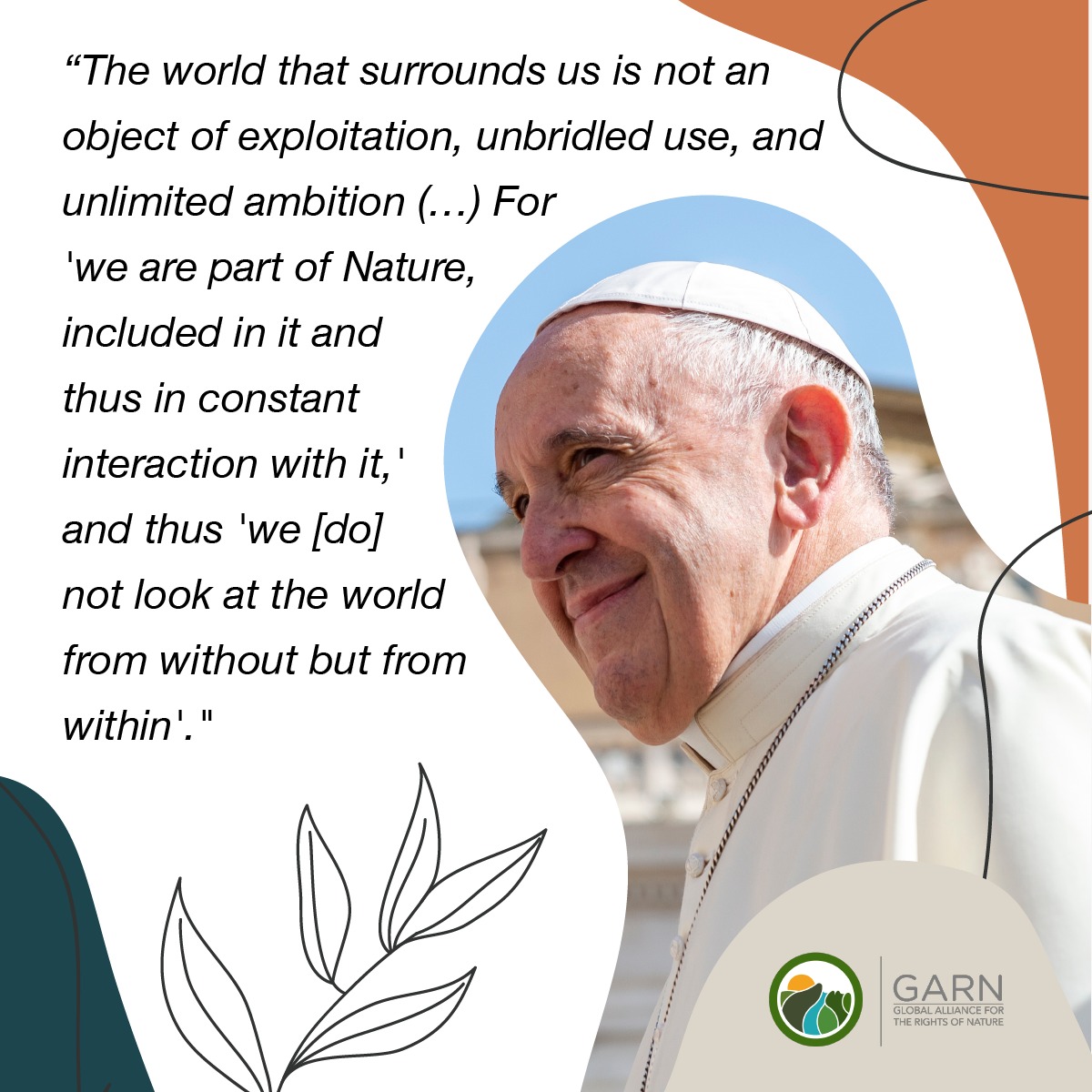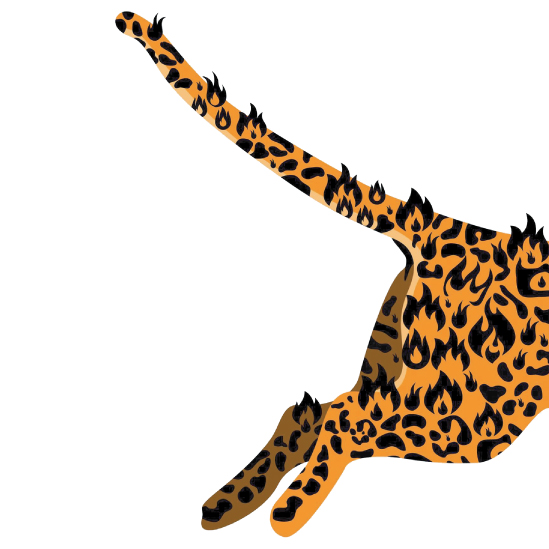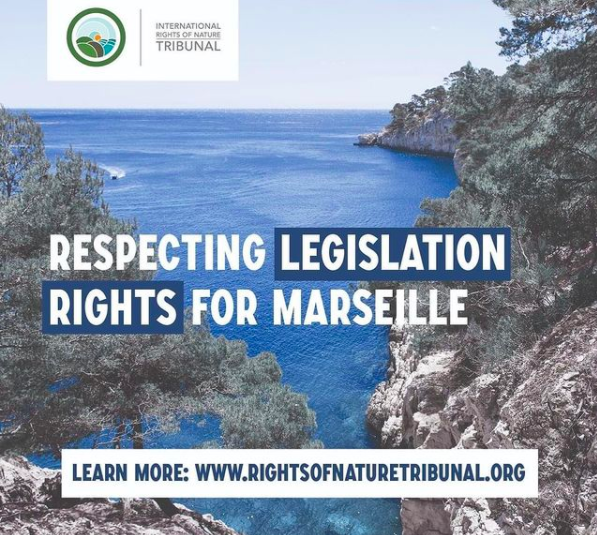The prominent International Tribunal issues verdicts on 12 cases of violations to nature and communities
The Tribunal finds corporations, United Nations and governments guilty of violating nature’s rights. Watch the Press conference at http://unfccc6.meta-fusion.com/cop20/events/2014-12-09-14-00-amazon-watch
Prominent International Tribunal issues verdicts on 12 cases of violations to nature and communities
Panel finds corporations, United Nations and governments guilty of violating nature’s rights. Alberto Acosta, President of the distinguished Tribunal and former president of the Constitutional Assembly of Ecuador, led the 13 judges through 12 cases presented on the 5th and 6th of December in the Gran Hotel Bolivar in Lima. The Tribunal determined to expand the evidence, and even establish international commissions and special sessions. “This permanent ethical tribunal is a call to humanity to encounter nature. This body arises when States fail to fulfill their obligation to preserve the lives of living beings, said Acosta. The judgments have been rendered having as a legal framework the Rights of Nature and the Universal Declaration of the Rights of Mother Earth. “The rights of nature must have a universal validity,” he said. As long as nature is seen as property in law, there can be no justice for communities, or nature. The 12 cases heard demonstrate egregious violations to rights of nature and human rights. The Tribunal was dedicated to Shuar leader José Tendentza who was found murdered just days before the Tribunal. Tendentza of Southern Ecuador was scheduled to present the Condor Mine case to the Tribunal. Cases included:- False Solutions related to Climate Change and REDD+;
- Peruvian cases: Conga Mine, Bagua Massacre – Defenders of Earth, 4 River Basins of Peru;
- Ecuadorian cases: Condor Mine, Chevron/Texaco, and Yasuni ITT
- Brazil: Belo Monte Dam
- USA and Bolivia: Hydraulic fracturing “fracking”
- Oceans: BP Gulf of Mexico Oil Spill, coal mine and other threats to Australia’s Great Barrier Reef




